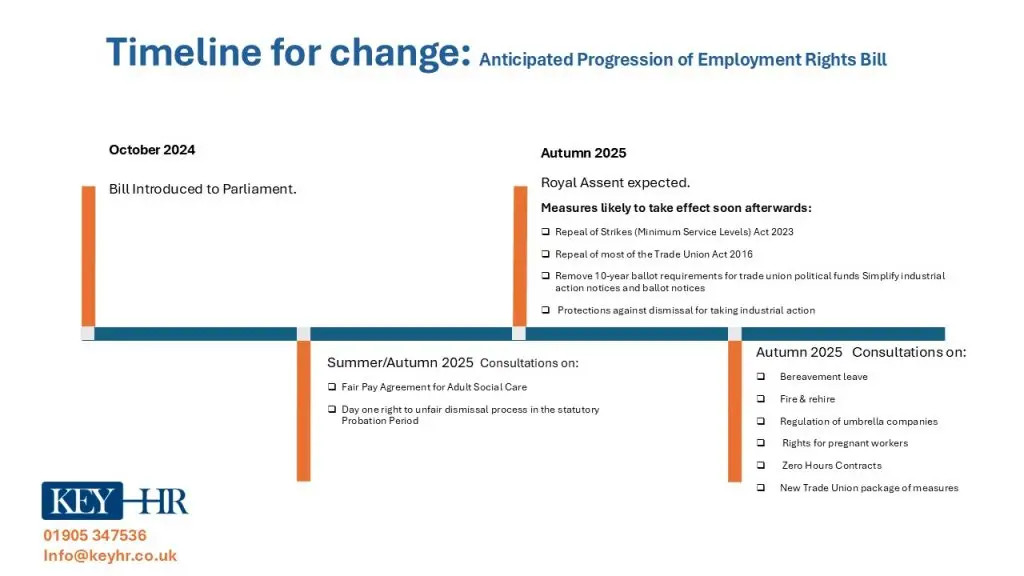What’s the difference between workers vs the self employed ?

Share Post :
Do you understand the difference between workers vs self employed & employees?
Calling someone self-employed doesn’t make it so—they may still be a worker or even an employee
Why does it matter if someone is a worker rather than being self employed?
If someone is classified as a worker they have addition legal rights and entitlements which as an employer of a worker you have to make sure they receive. If you fail to provide these you may well find yourself in tribunal.
What is a worker?
The legal definition of a worker is :
Someone who performs a service or work personally for reward under a contract of employment or any other contract written or implied.
How do I know if someone is a worker vs self employed ?
Someone is likely to be a worker if some or most of these apply:
- They have a contract (written or verbal) or other arrangement to do work or services personally for a reward
- They are rewarded in money or benefit in kind; for example the promise of a contract or future work
- They have limited ability to offer a substitute to undertake the work on their behalf
- Their employer has to have work for them to do as long as the contract or arrangement lasts
- They are not doing the work as part of their own limited company in an arrangement where the ‘employer’ is actually a customer or client
Casual Working: Someone is likely to be a casual worker if some or most of these apply:
- They are engaged on a casual/freelance or zero hours contract
- The business does not have to offer them work and the individual can refuse work offered and only work when they want to
- They work on an occasional basis for the business
- They agreed the terms and conditions of the work in writing or verbally
- They are under the supervision or control of another individual or business
- They cannot send someone else to do their work
What employment rights do workers have?
Workers are entitled to certain employment rights, including:
- The national minimum wage
- Protection against unlawful deductions of wages
- Statutory minimum paid holiday
- Statutory minimum rest breaks
- Protection against unlawful discrimination
- Protection under the Working Time Directive not to work more than 48 hours or to opt out
- Protection against whistleblowing
- Not to be treated less favourably if they are part time workers
Some Workers may also be entitled to:
- Statutory sick pay
- Statutory maternity pay
- Statutory parental leave
- Statutory adoption pay
You May Also Like
Outsourced HR Service
Expert HR advice and support whenever you need it with no additional costs
- Unlimited expert HR advice
- Bespoke employee policies
- Bespoke employee handbooks
- Custom contracts of employment
- A dedicated HR consultant
- Fixed affordable monthly fee
- 100% legal compliance guaranteed
FRee HR Video guides for SME's
Free advice & HR guide Videos for SME employers
Visit our YouTube channel for over 120 advice and guidance videos for small and medium sized employers





